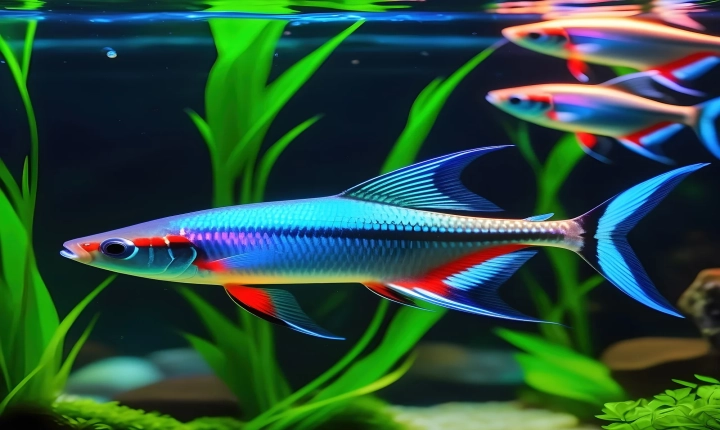With the advancement of technology, artificial intelligence has become a powerful tool in various creative industries, including music production. One of the most fascinating applications of AI in music is beat generation, where AI algorithms can create unique and intricate beats that can inspire and elevate any musical production. In this article, we will explore how to use AI to generate beats and the potential impact it can have on the music industry.
First and foremost, it is essential to understand the basics of beat generation using AI. There are various AI-powered tools and software available that can assist in this process. These tools utilize machine learning algorithms to analyze vast amounts of existing music and identify patterns and rhythms that can be used to create new beats. By training the AI with a diverse range of musical styles, it becomes capable of generating beats that are both original and diverse.
To generate a beat using AI, one can start by selecting a specific musical style or genre as a reference point. This could be anything from hip-hop and electronic dance music to jazz or rock. Once the style is chosen, the user can provide additional parameters such as tempo, instrumentation, and mood, to further customize the generated beat.
Next, the AI process begins, where the algorithm analyzes the reference style and parameters provided and generates a beat that aligns with the input. The generated beat can be further refined and customized using various editing tools within the AI software, allowing for fine-tuning and adjustments to create the desired sound.
The impact of AI-generated beats on the music industry is significant. One of the most notable aspects is the democratization of music production. With AI tools, anyone, regardless of their musical background, can create professional-quality beats. This allows for greater diversity and creativity within the music industry, as AI-generated beats provide a platform for experimentation and innovation.
Furthermore, AI-generated beats can also serve as a source of inspiration for musicians and producers. The unique patterns and rhythms generated by AI can spark new ideas and creative directions for artists to explore. This can lead to the development of entirely new musical genres and styles, expanding the boundaries of what is possible in music production.
Another aspect to consider is the efficiency and productivity gains offered by AI-generated beats. Instead of spending hours crafting and perfecting beats from scratch, musicians and producers can use AI tools to quickly generate high-quality beats, freeing up time to focus on other aspects of the music production process.
However, it is important to note that while AI-generated beats offer many benefits, they should be viewed as a creative aid rather than a replacement for human creativity. The human touch, emotion, and intuition are essential components of music creation that cannot be replicated by AI. Therefore, it is crucial for musicians and producers to use AI-generated beats as a starting point and infuse their own creativity and personality into the music.
In conclusion, AI-generated beats have the potential to revolutionize the music industry by offering a powerful and accessible tool for creating unique and inspiring music. The democratization of music production, increased efficiency, and creative inspiration are just a few of the many benefits that AI-generated beats can bring to the table. As technology continues to advance, it is exciting to imagine the endless possibilities and innovations that AI-powered music creation will bring in the years to come.
